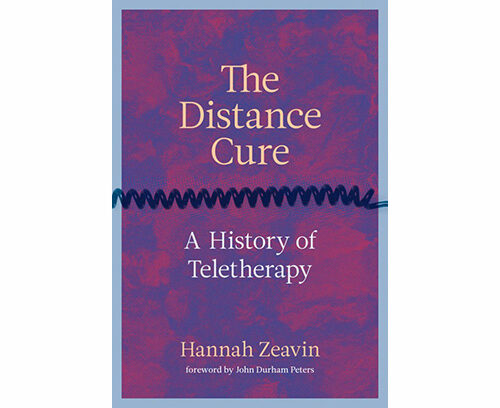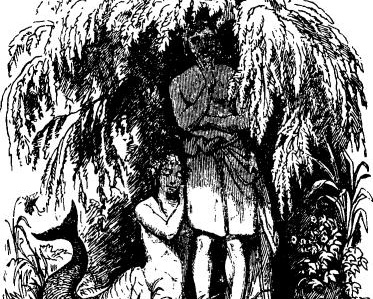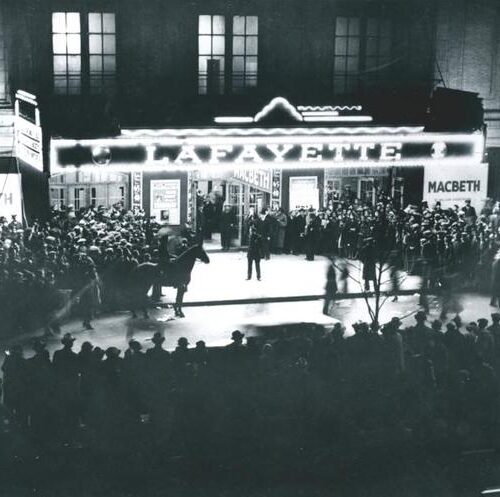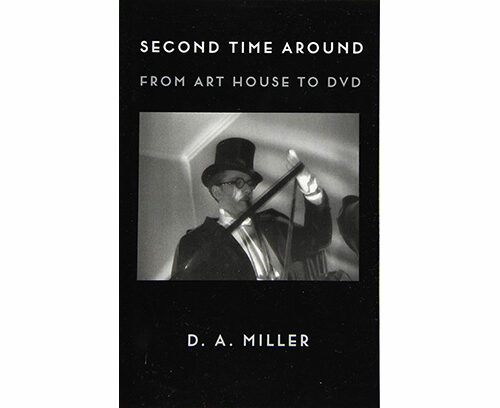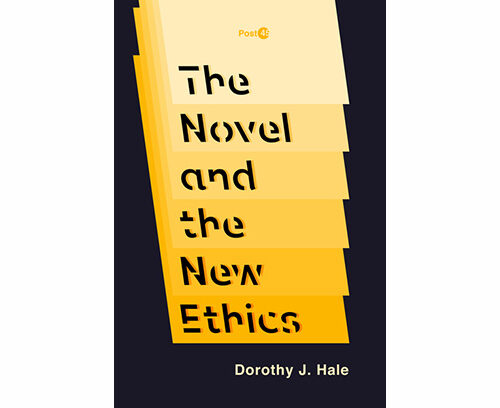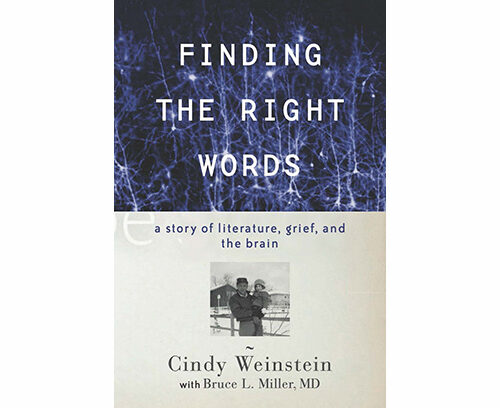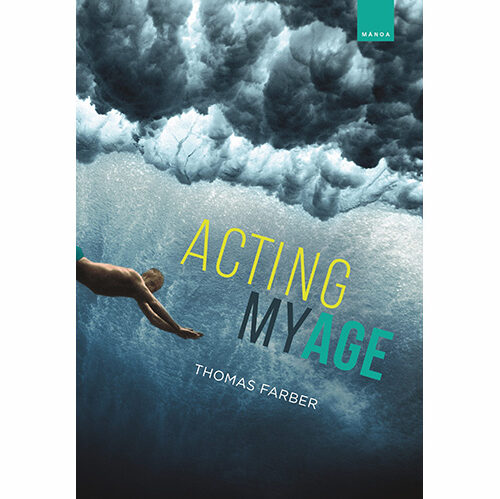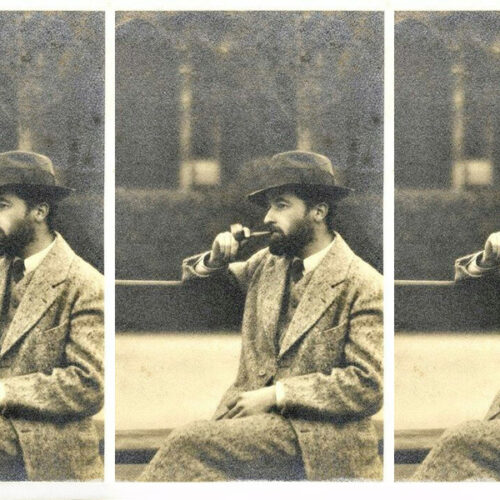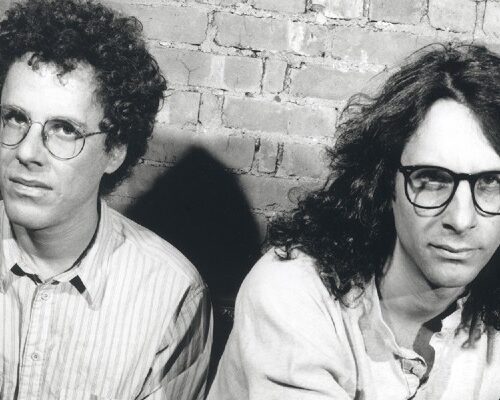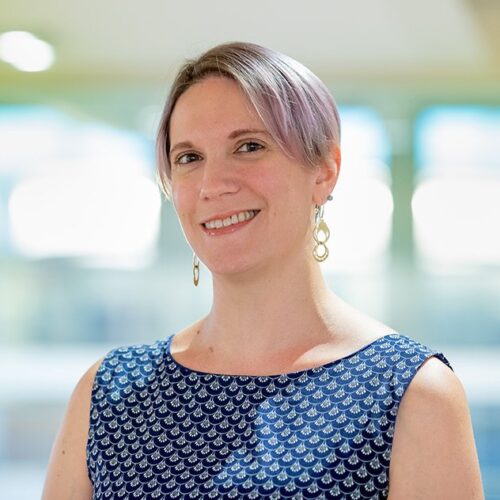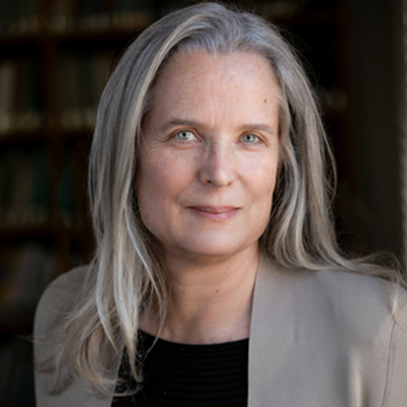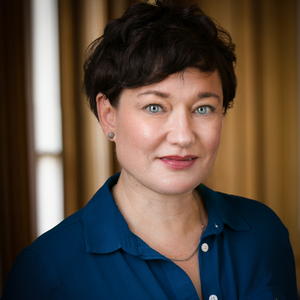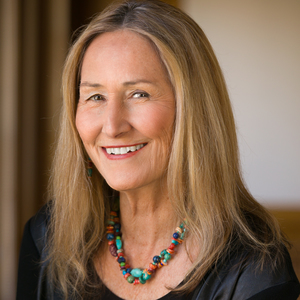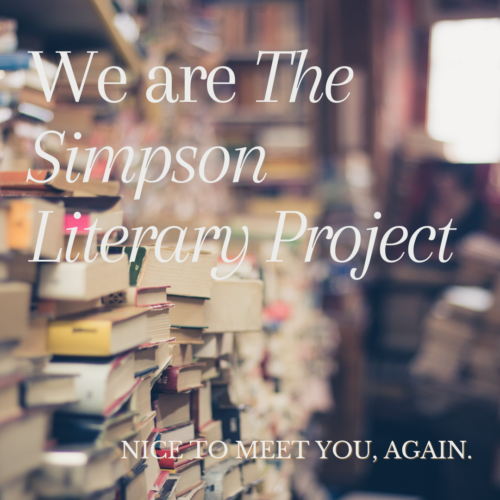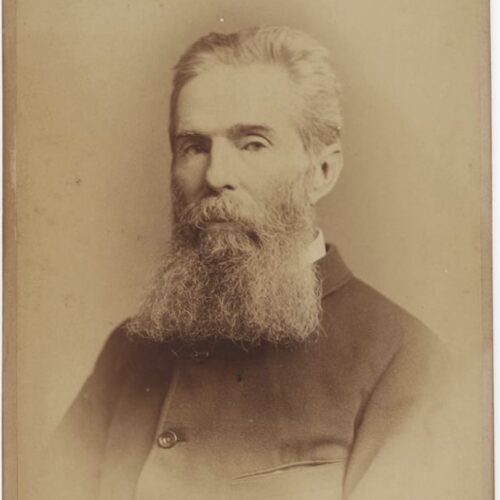Hannah Zeavin’s The Distance Cure: A History of Teletherapy
In The Distance Cure: A History of Teletherapy (MIT Press, 2021), English Department Lecturer Hannah Zeavin offers a history of psychotherapy across distance and time, from Freud’s treatments by mail to crisis hotlines, radio call-ins, chatbots, and Zoom sessions. While therapy has long understood itself as taking place in a room, with two (or more) people engaged in person-to-person conversation, psychotherapy has...
READ MORE Hannah Zeavin’s <em>The Distance Cure: A History of Teletherapy</em>

